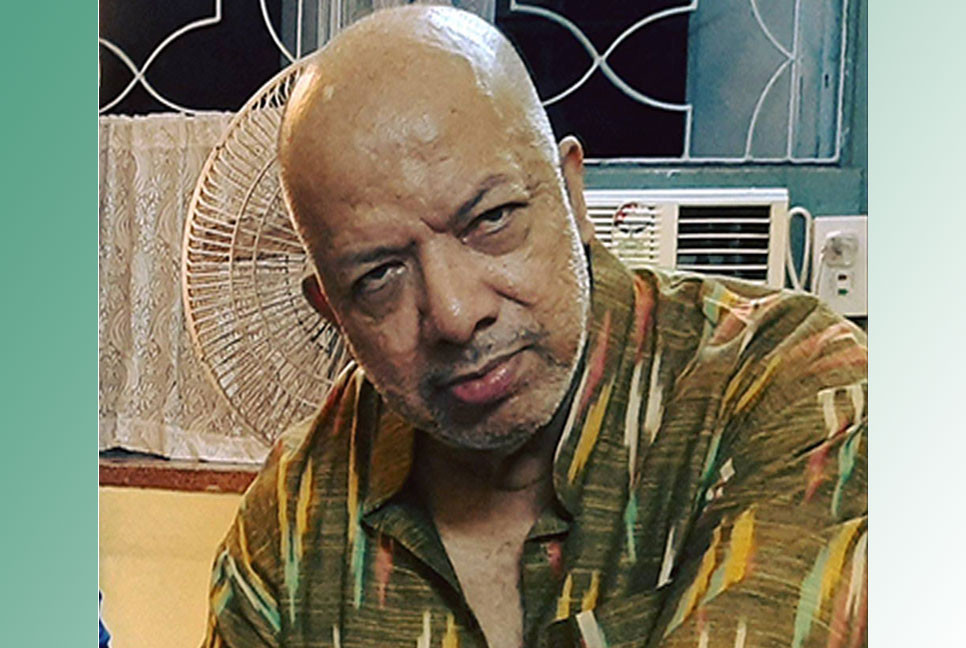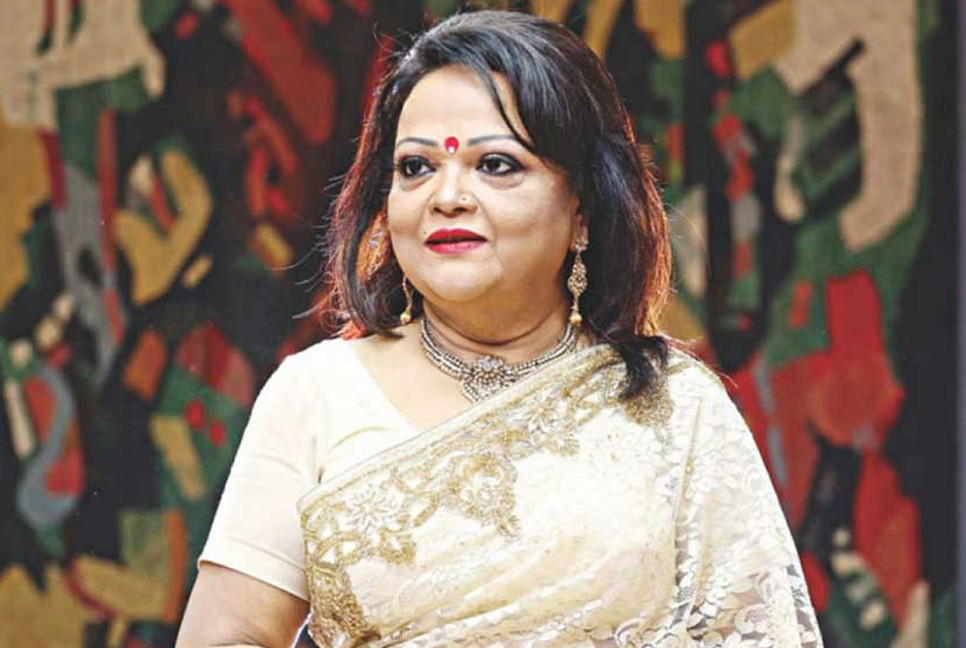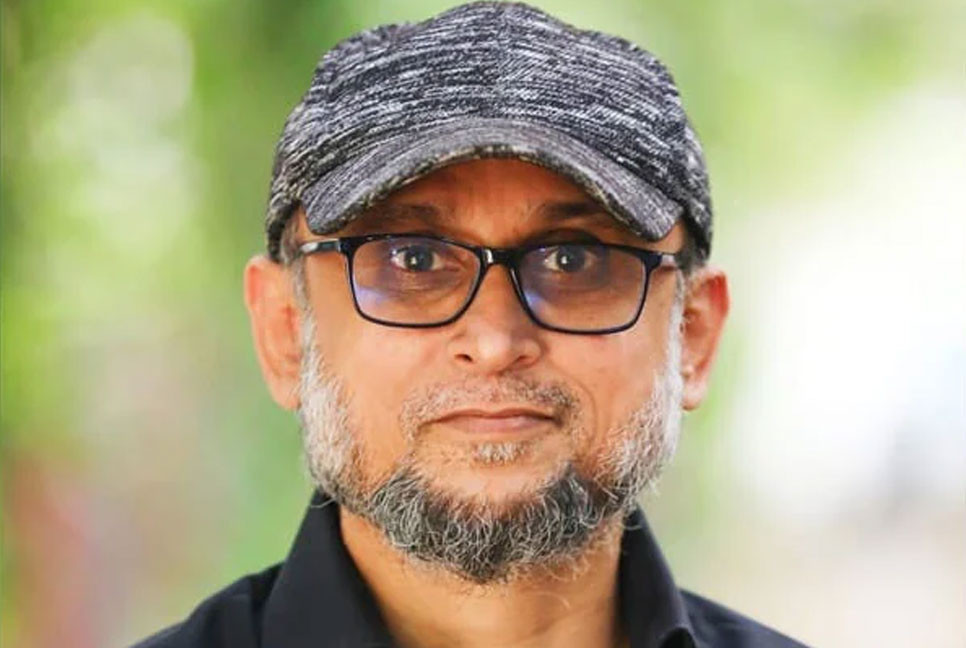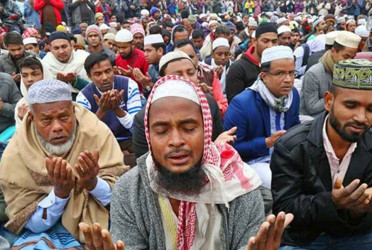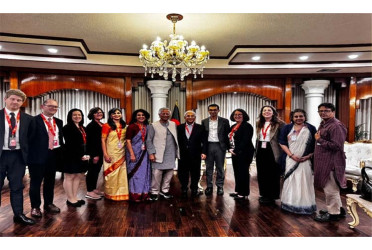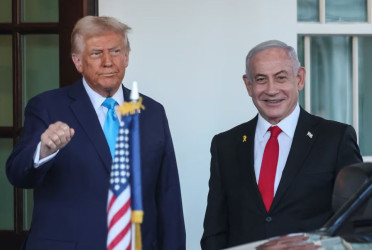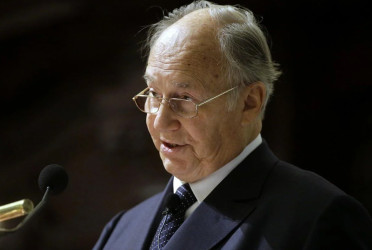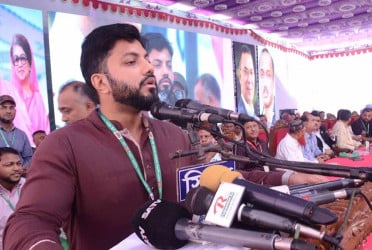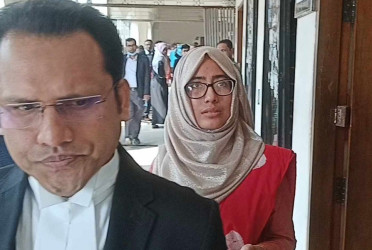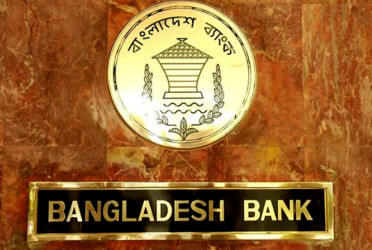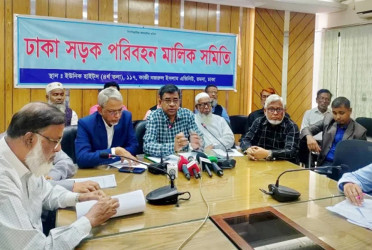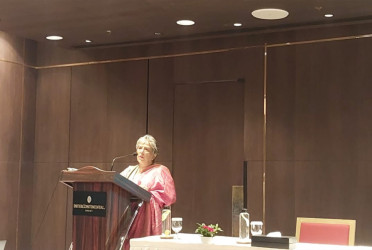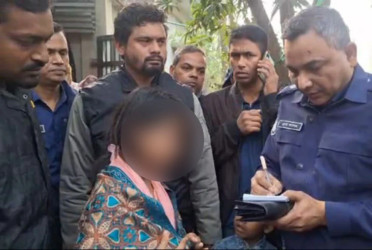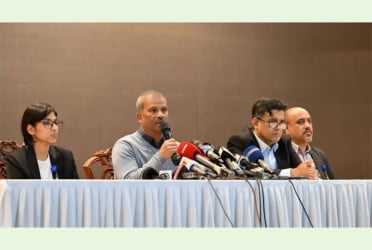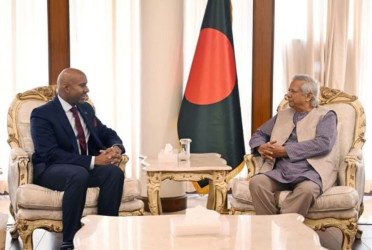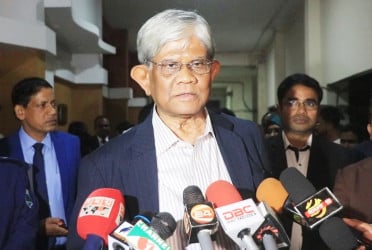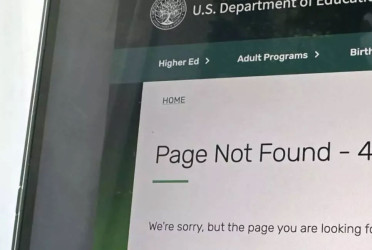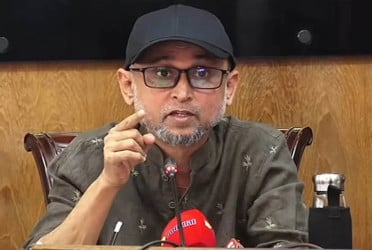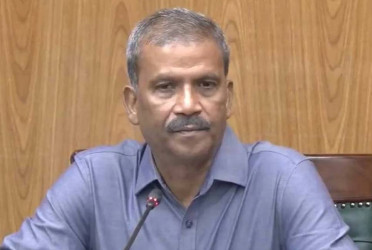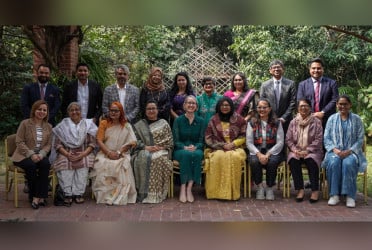West Bengal’s renowned lyricist and musician Kabir Suman has strongly condemned the false propaganda about the persecution of Hindus in Bangladesh, expressing his belief that such misinformation will eventually be defeated. His remarks came amid ongoing protests in India, particularly in West Bengal, against fabricated claims of minority persecution in Bangladesh. These protests were sparked by an incident on Monday, when the Assistant High Commission of Bangladesh in Agartala was attacked, vandalized, and the flag was torn down, escalating tensions between the two countries.
In a Facebook post, Kabir Suman on Saturday shared an intimate exchange with a Hindu man from Bangladesh, who reached out to him with a letter disputing the allegations of religious violence. The man, who remains anonymous, reassured Suman that Hindus in Bangladesh were not persecuted and that his family had not suffered any violence at the hands of Muslims. Suman described the letter as a message from "a young Bangladeshi friend" and expressed his deep respect for the man’s words, despite the potential risks of revealing his identity in India.
Suman, born into a Hindu family but now a practicing Muslim, has consistently advocated for humanism over religious division. Reflecting on his own upbringing, he wrote, "I was born in a Hindu family. But I want to be human. The Muslims did not oppress me and my family. Take my bow." He continued, emphasizing his belief in human solidarity over sectarian lines.
In a broader critique, Suman highlighted that false propaganda about the relationships between Muslims and Hindus in Bangladesh is being deliberately spread. He pointed out that such misinformation, despite being persistent, will not stand the test of time. "Those from India who are spreading lies about the Muslims and Hindus of Bangladesh should know that in the end, spreading lies does not work," Suman wrote, alluding to previous baseless claims such as the exaggerated reports of violence in West Bengal’s Sandeshkhali and RG Tax regions. He expressed hope that the truth would ultimately prevail.
Suman, known for his love and respect for Bangladesh and its people, has consistently supported the country in various social and political contexts. His support for the mass uprisings of students in India in July-August is just one example of his activism, which has included public endorsements of social justice causes. He reiterated his affection for the people of Bangladesh, declaring that his bond with them remains strong, even after August 5, a reference to ongoing tensions in the region.
A prominent figure in Bengali music and culture, Kabir Suman has long been a vocal advocate for unity and peace across religious divides. His career, spanning music composition, songwriting, and acting, reflects his commitment to social issues, with his landmark album Tohcha Chai (1992) introducing a new genre in Bengali music. Apart from his musical career, Suman has written essays, novels, and short stories, and portrayed complex characters in Bengali films such as Herbert and Chaturanga.
Kabir Suman, who converted to Islam in 2000, abandoned his birth name, Suman Chattopadhyay, as part of his personal and spiritual journey. As an artist, he is celebrated for his contributions to both modern and Rabindra Sangeet music, as well as for his outspoken advocacy on matters of national and international importance.
Suman’s latest comments reflect a continued commitment to dismantling divisive narratives and promoting an ethos of understanding and empathy, both in India and Bangladesh. By sharing his personal experiences and supporting the truth about Hindu-Muslim relations in Bangladesh, Suman has once again positioned himself as a defender of reason and peace in a time of growing polarization.
Bd-pratidin English/ Jisan

